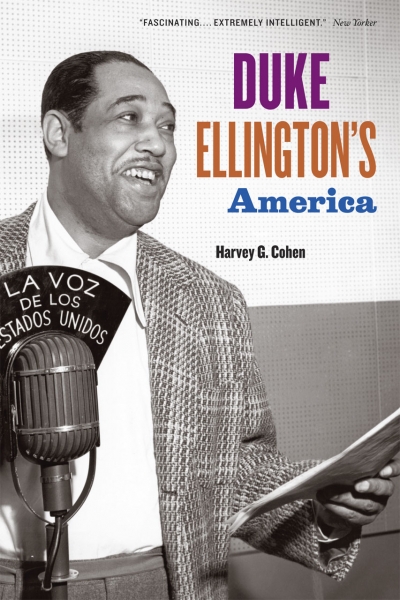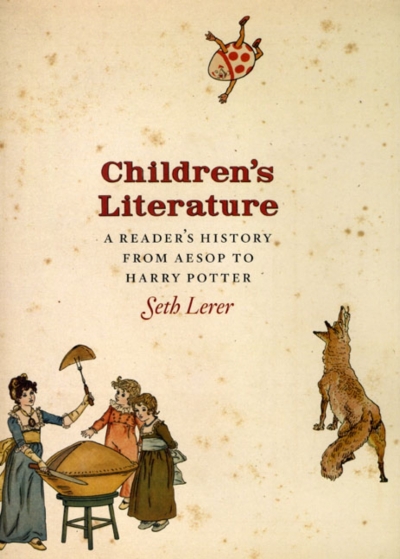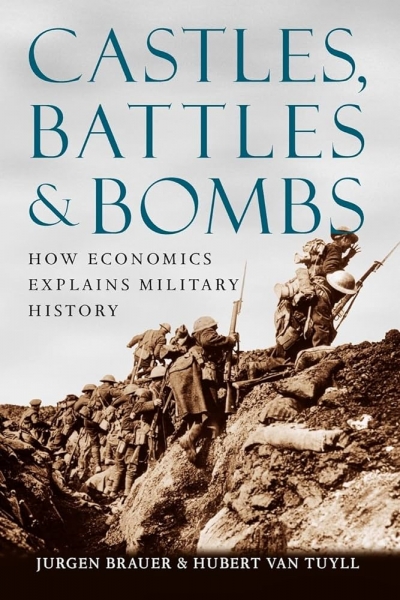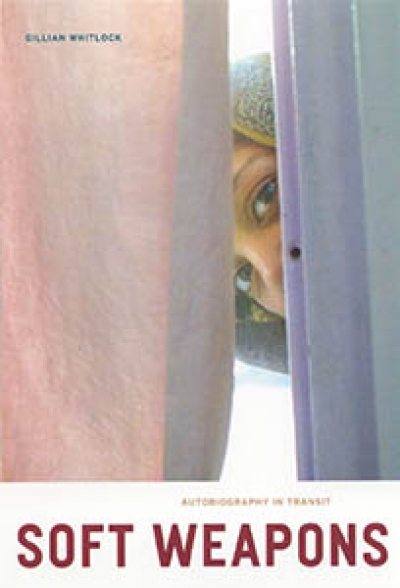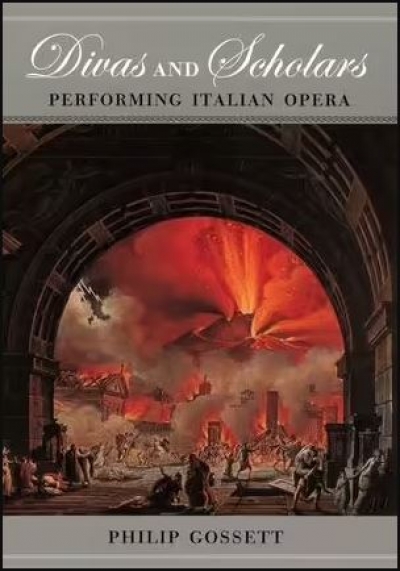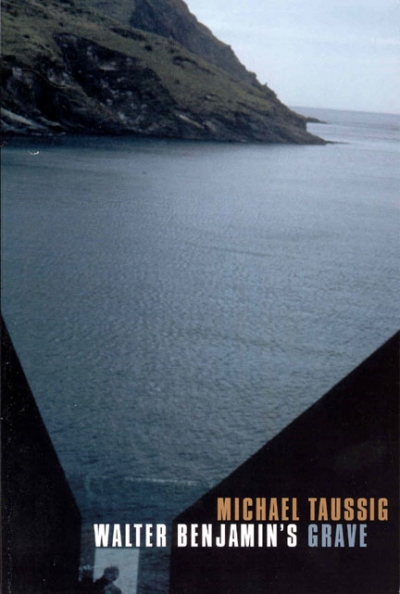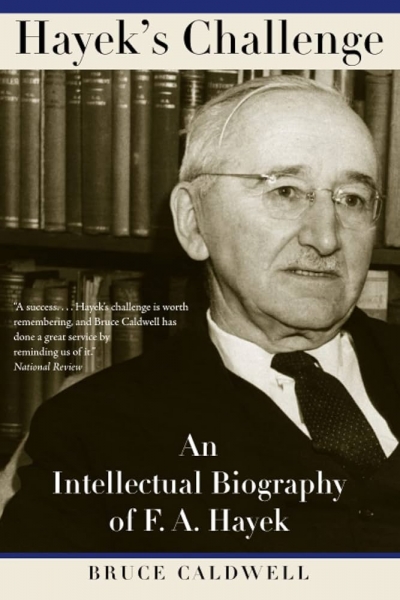University of Chicago Press
Children’s Literature: A reader’s history, from Aesop to Harry Potter by Seth Lerer
On 17 July 1990, President George Bush Snr declared the 1990s as the ‘Decade of the Brain’, with the primary aim ‘to enhance public awareness of the benefits to be derived from brain research’. These benefits included better understanding of conditions such as Alzheimer’s disease, stroke and psychiatric disorders. In addition, remarkable advances occurred in functional brain imaging. This still-evolving technology reveals which parts of the brain are active while people carry out tasks of varying complexity, ranging from the manipulation of objects or the processing of sensory information, through to the analysis of problem solving, the voluntary control of emotional responses, or the reconstruction of imaginary events. Faced with a wealth of new experimental data, disciplines such as linguistics and philosophy can no longer develop theoretical models that treat the brain as a black box within which structure and function do not matter.
... (read more)
